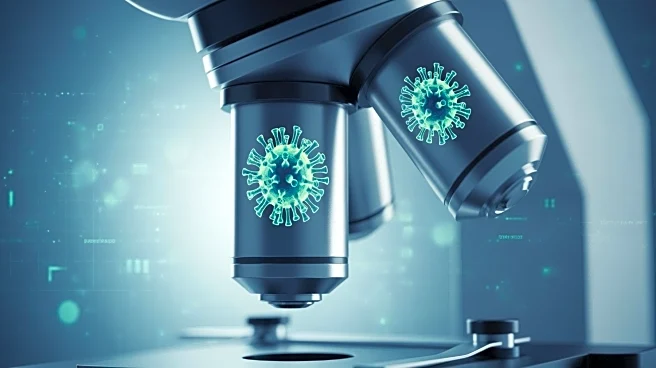Rapid Read • 8 min read
Pegasystems Inc., known as The Enterprise Transformation Company, has announced a new approach to customer self-service by integrating Pega Blueprint and Pega Predictable AI technology. This development aims to transform how enterprises deliver service across various channels by automating complex customer service requests. The new system leverages enterprise workflows typically used by customer service representatives to create interactive self-service experiences. This approach is designed to overcome the limitations of current agentic solutions, which are often basic chatbots restricted to proprietary interfaces. Pega's solution offers a more comprehensive service experience, enabling rapid creation of service workflows without the need for coding or training, and ensuring consistent service across multiple communication platforms.
AD
The introduction of Pega's advanced self-service capabilities is significant for industries struggling to manage customer service workflows efficiently. By automating complex interactions, businesses can reduce costs and improve customer satisfaction. The system's ability to work across various channels ensures a unified brand experience, which is crucial for maintaining customer loyalty. Additionally, the solution's enterprise-grade governance makes it suitable for regulated industries, promoting transparency and accountability. This development could lead to a shift in how businesses approach customer service, prioritizing automation and efficiency while freeing human agents to focus on high-value tasks.
Pega's new self-service capabilities are available now through Pega Blueprint, with further integration into Pega Customer Service expected later this year as part of the Pega Infinity '25 release. Enterprises may begin adopting these technologies to enhance their customer service operations, potentially leading to widespread changes in service delivery models. As businesses implement these solutions, they may experience faster development times and improved customer interactions, setting a new standard for self-service in the industry.
The shift towards automated self-service solutions raises questions about the future role of human customer service representatives. While automation can handle routine tasks, complex issues may still require human intervention. The ethical implications of relying heavily on AI for customer interactions, including data privacy and security, will need to be addressed as these technologies become more prevalent. Additionally, the cultural impact of reduced human interaction in customer service could influence consumer expectations and behavior.
AD
More Stories You Might Enjoy












